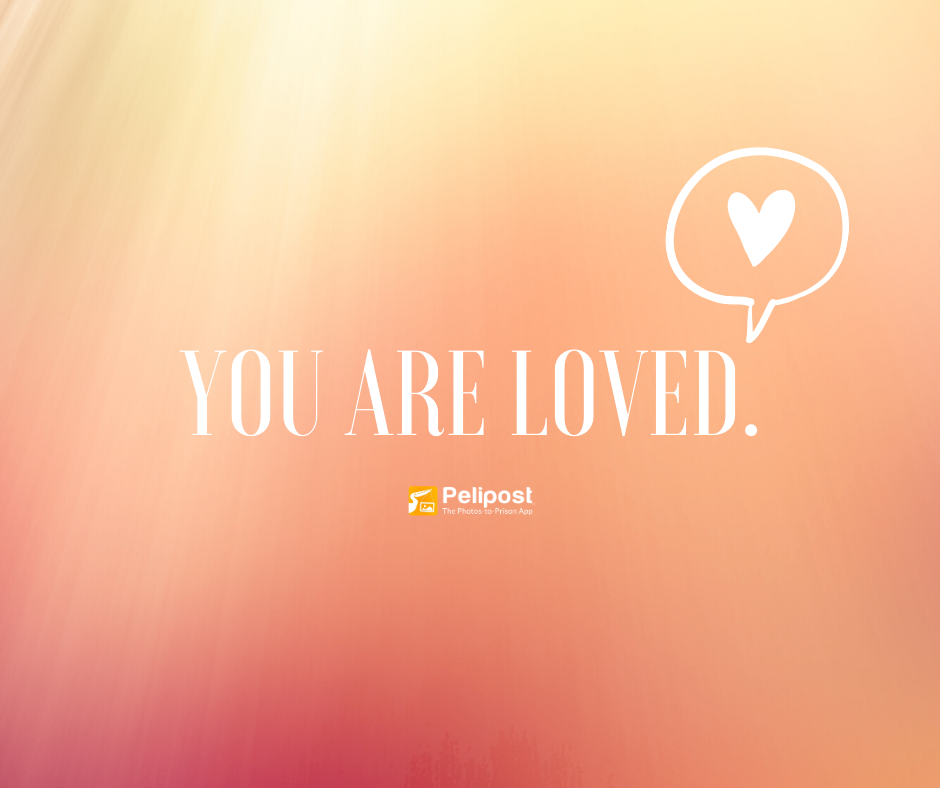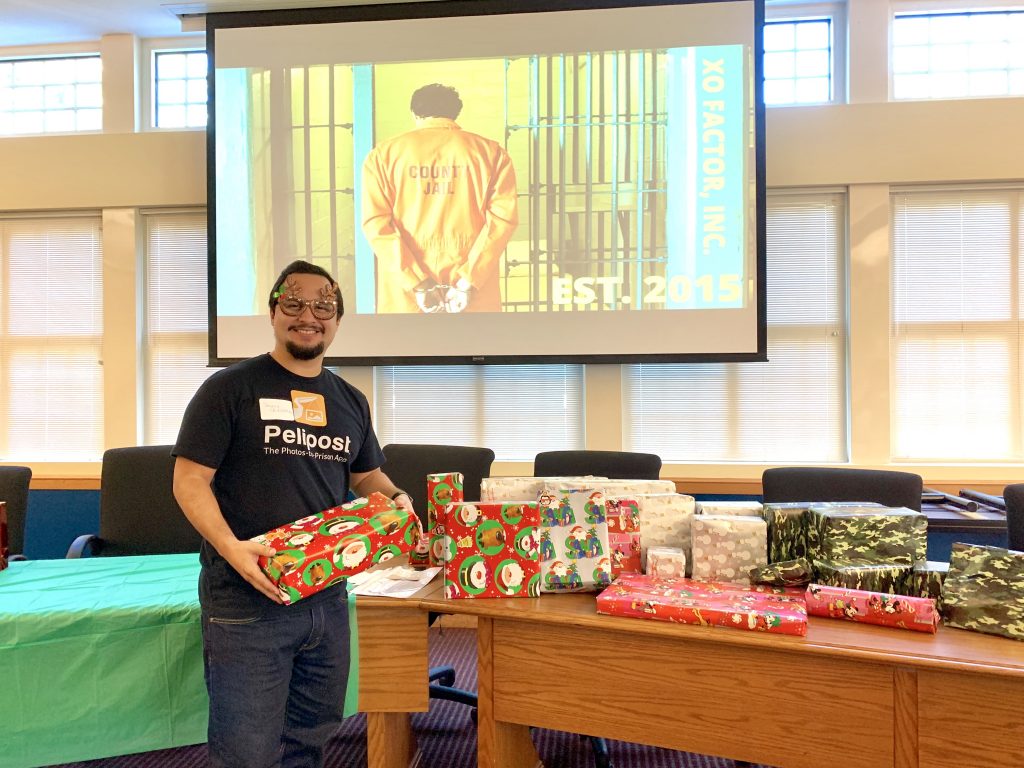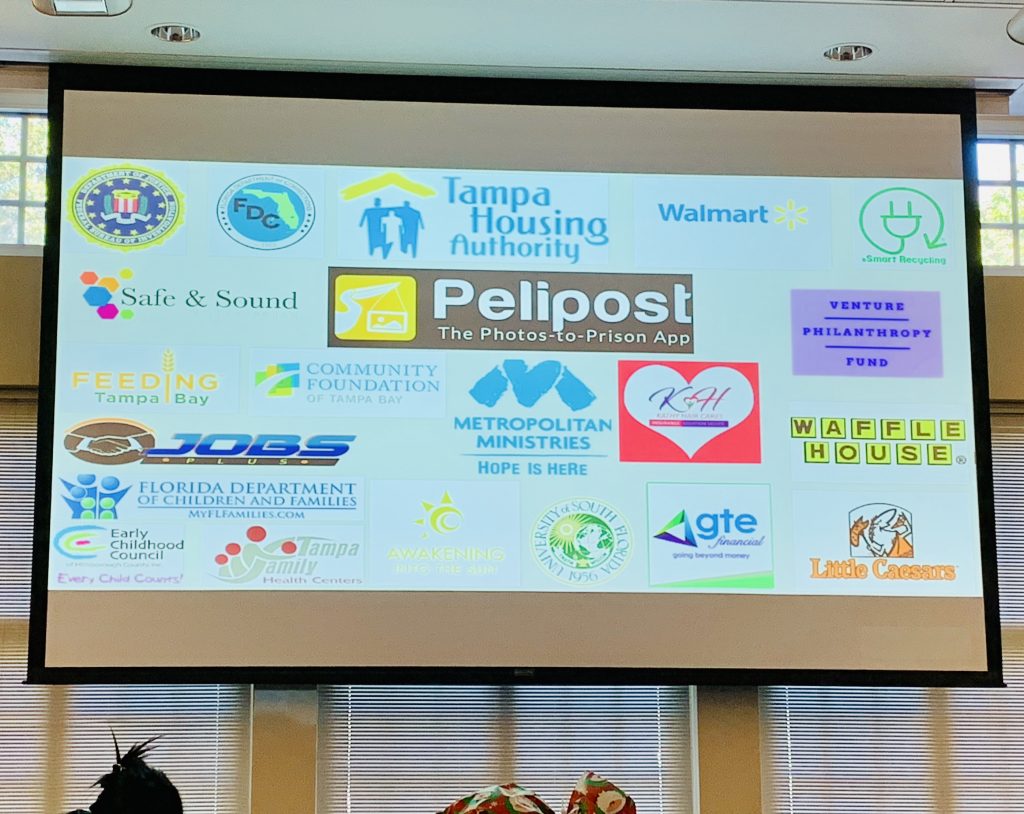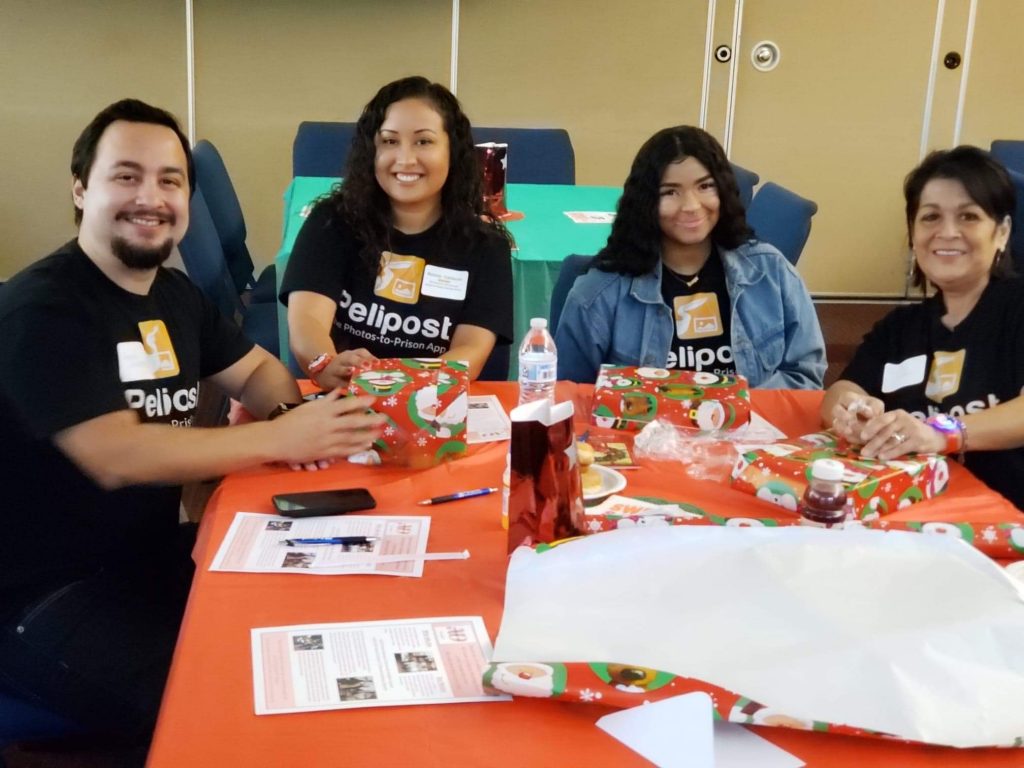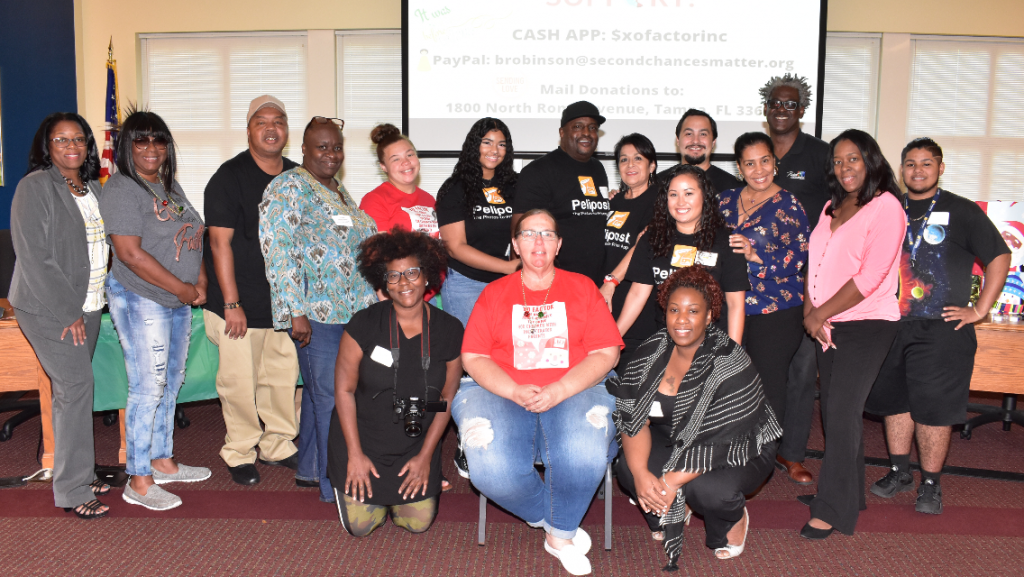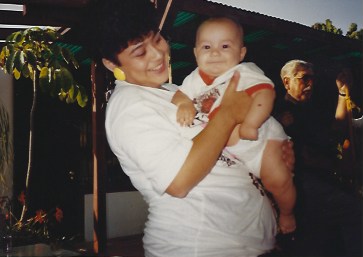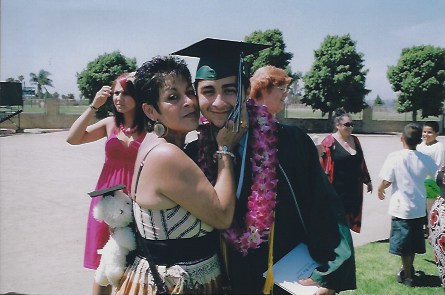Pelipost is launching a new series devoted to the stories of those incarcerated. In honor of that, we are featuring the story of Tyrone Toliver called ‘My Journey Behind Bars.‘ This is part two of Tyrone’s story…. (get caught up with part one here)
Written By: Tyrone Toliver
I may have been better at hiding my anger but regardless I still participated in many of the riots that occurred in Pelican Bay. As a result, my cellie and I were sent to the SHU. This is when I experienced a nightmare that overwhelmed me with fear. I told my cellie ‘something bad is about to happen.’
Not too long after this incident, I was told that I had to go to court for assaulting a correctional officer. Even though I won the case, the fear remained. In August 2000, I was told that in a month, I would be paroled back to the streets. That’s when I knew where my fear was actually coming from. The fear of getting out.
“I was being kicked out of my home….”
Those of us who do whatever it takes to survive do not allow time to do us. We do not look at calendars, but instead we live according to seasons or sport seasons throughout the years. It’s easy to forget how long you’ve been gone. You forget the date, your age, how much time you’ve got left, and even faces. In 2000, the SHU had taken a mental and emotional toll on me to the point that I would hear voices. So for a while, I thought being told I was going home was actually Thorazine wearing off.
I was not asked to make a parole plan. So once they came to my door, I thought I was being punked. Five hours later, the transportation officers came to the SHU to get me. This is when I really knew I was in big trouble. I was being kicked out of my home.
I was released from prison with no skills and on psychiatric medications. I was to live with my cousin, who was addicted to drugs, in my enemy’s territory, miles away from my city. Fear, anxiety, stress, depression, and delusions made me run to the streets with childhood friends to do drugs. However, through some of these friends, I was able to find two jobs that helped me to stay away from my cousin’s place.
My jobs were in the same city as our hangout spots, so among the younger homies, I took up the big homie role. I told my war stories and backed up my words with my actions. I felt love, support, respect, and like I belonged, and I felt at peace again. Unfortunately, in April 2001, I was arrested again.

Eventually I was convicted of second-degree robbery and sentenced to a mandatory sentence of 25 years to life as a third-striker. Even though I was ready to pick right back up where I had left off, I was different. You see, even though I was gang-banging and committing crimes during my 7 months out, I was also working. In my job, I was meeting future NBA players, recording artists who sell millions of records, and college students. I worked security for all of the music concerts in Imperial County and Los Angeles County, while also covering Long Beach State College for all sporting events. Before my arrest, I had started dreaming of a future again and living a good life. Once I got convicted in February 2002, those dreams faded away.
Then, in 2004, my little brother was killed. In 2006, I tried to kill myself, and in 2012, I tried to kill another inmate. As I sat in the SHU again, facing a second 3-strike sentence, I heard people talking over the tier about recovery and rehabilitation. The first time I have ever heard the word “recovery” was in a juvenile hall Alcoholics Anonymous group, so I stopped listening. It wasn’t for me. But then I thought, a governor of California had recently added “Rehabilitation” to the name of the California Department of Corrections (it’s now California Department of Corrections and Rehabilitation.) I never knew why, so I became curious.
I started listening again. I heard inmates talk about how you might live in a good home but be the product of a toxic environment. You might have friends that get you caught up in bad things. Your family might blame you and desert you. This got my attention! They were talking about things I thought about and was too afraid to talk about.
These inmates talked about low self-esteem leading a group of kids to break the law. Then they talked about taking college classes, doing correspondence self-help courses, and going to self-help groups when we were out of the SHU.
These guys were talking a language I had never heard before. As I listened, day after day, I realized that they sounded like the college kids I had worked with in my event security and telemarketing jobs when I was out in 2000.
Then, I asked myself ‘why I should do any of that when I have 3 strikes and no one cares what I do or even if I survive prison.’ The only time I was sent money was when I was in the hole or in the SHU. Sometimes I would be lucky to get a package to replace my property when I got out of those places. Memories of my family missing, dead homies and family members played on my mind.
‘What was the point of me being anything than the best at surviving prison?’
For months, I sat troubled mentally and emotionally, knowing that my family would show me more love once I died a respected gang-banger. The neighborhood would show my family the ultimate love and respect only in that situation. So what was the point of me being anything than the best at surviving prison? Then, I recalled a family member who told me that I should have listened to my family’s words, but not lived like they did.
Throughout my life, I made choices behind bars as a kid, as a young man, and as an adult. Now in 2020, I wish I could take some of those choices back. I used to blame my family because I thought that all I needed was for them to do the opposite of A, B, and C (as mentioned in Part One.) However, what I really needed was their support and acceptance. I probably would have had a different time locked up in the very beginning, and probably never would have come back.
I’m wiser today because in October 2012, my life changed. Today, I’m blessed, loved, and cared for because someone came into my life and showed me pure love. Her words helped motivate me to look into self-help courses, correspondence courses, self-help groups, and into changing my negative behavior into positive actions…
Learn more about rehabilitation, recovery, and loved ones in Part 3 of Tyrone’s Journey Behind Bars. Click Here
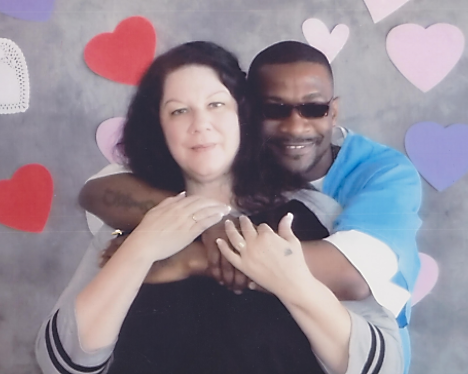
Don’t forget to send your incarcerated loved ones photos! You can download the Pelipost app through the Apple App Store or Google Play Store.



